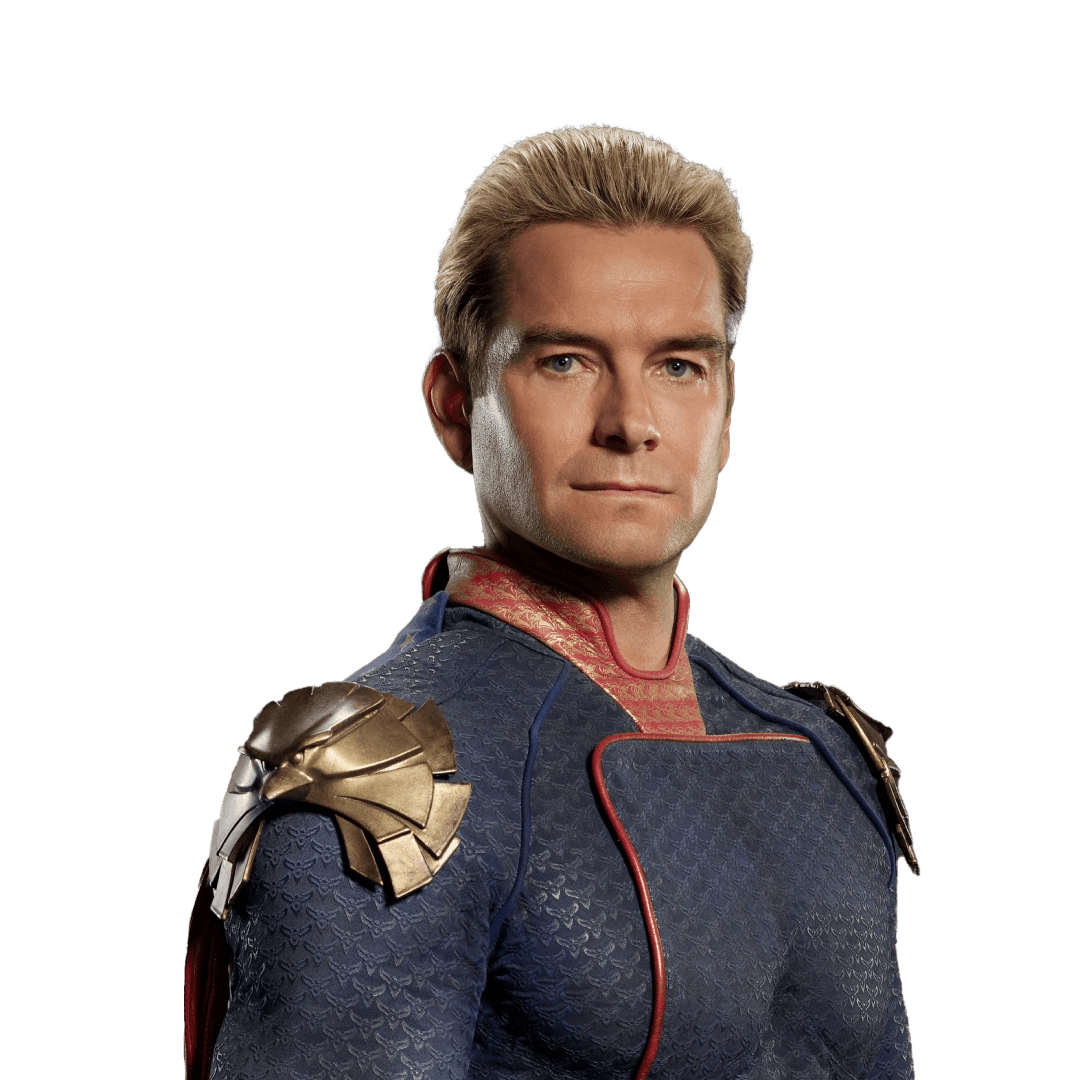In the world of "The Boys," the portrayal of superheroes challenges traditional narratives, and one character who stands out is Homelander. This complex figure, with his striking abilities and chilling demeanor, raises numerous questions among fans, particularly regarding his age. As viewers delve deeper into the show, they may wonder how Homelander's aging process works and its implications for his character development. Understanding the nuances behind Homelander's age provides a richer experience of this captivating series.
Homelander, portrayed by Antony Starr, is the epitome of a superhero gone wrong. With an array of superhuman powers, including flight, super strength, and laser vision, he is the face of Vought International's superhero lineup. However, beneath his charming exterior lies a deeply troubled individual whose past and present intertwine in ways that fuel his obsession with power and control. As we explore the themes surrounding his character, we cannot ignore the intriguing question: why does Homelander age?
As viewers follow the narrative of "The Boys," they are not only captivated by the action but also drawn into the psychological complexities of characters like Homelander. His age serves as a pivotal element, influencing his actions and motivations throughout the series. By examining the reasons behind his aging and its significance within the storyline, fans gain a deeper appreciation for the show's exploration of heroism and morality.
Who is Homelander? A Brief Biography
| Attribute | Details |
|---|---|
| Name | Homelander |
| Portrayed by | Antony Starr |
| First Appearance | Comic series "The Boys" (2006) |
| Abilities | Super strength, flight, laser vision, enhanced senses |
| Affiliation | The Seven |
| Role | Antagonist |
The Boys: Why Does Homelander Age? Exploring the Science
One of the most compelling aspects of Homelander's character is the question of his aging process. Unlike traditional superheroes who often possess the ability to remain youthful indefinitely, Homelander's aging poses a unique dilemma. The series hints at a scientific explanation for his powers and mortality, suggesting that he was engineered through advanced genetic manipulation. This leads us to ponder: does this genetic engineering influence how he ages?
Is Homelander a Product of Genetic Engineering?
Homelander's origins can be traced back to Vought International, a corporation that specializes in creating superheroes through genetic modification. This raises intriguing questions about the implications of such engineering on his biological clock. While the show does not explicitly outline the mechanics of his aging, it does imply that he is not immune to the effects of time. Thus, we can speculate that his engineered genetics may affect his aging process differently compared to ordinary humans.
How Does Homelander's Age Affect His Character Development?
Homelander's age is not merely a biological fact but a driving force behind his psychological state. As he navigates the complexities of power, fame, and identity, his aging reflects the burdens he carries as the self-proclaimed protector of humanity. The pressure to maintain his youthful image contributes to his increasingly erratic behavior, leading to a deep-seated insecurity that manifests in various ways throughout the series.
Does Homelander's Aging Contribute to His Obsession with Control?
As Homelander grapples with the reality of aging, his desire for control becomes increasingly pronounced. The fear of losing his powers and, subsequently, his status propels him to resort to extreme measures. This obsession with control is intricately tied to his understanding of age and mortality. By exploring the psychological ramifications of his aging, viewers can gain insight into the motivations driving his actions and decisions.
The Boys: Why Does Homelander Age? The Impact of Public Perception
In a world where superheroes are idolized, Homelander's age plays a crucial role in shaping public perception. As he grapples with the reality of aging, his image begins to shift in the eyes of the public. The narrative explores how society's expectations of superheroes can be both empowering and limiting, ultimately forcing Homelander to confront the fragility of his own identity.
How Does Aging Affect Homelander's Relationship with Other Characters?
Homelander's interactions with other characters are heavily influenced by his age and the perception of it. His relationships with fellow members of The Seven, particularly Queen Maeve and Starlight, reveal the complexities of power dynamics at play. As he faces challenges to his authority, his aging becomes a point of vulnerability, further complicating his relationships and leading to conflicts that drive the narrative forward.
What Can We Learn from Homelander's Aging Process?
Ultimately, Homelander's aging serves as a powerful metaphor for the challenges of growing older, particularly in a society that often values youth and beauty above all else. His journey invites viewers to reflect on the nature of heroism, the consequences of power, and the significance of vulnerability in a world that demands perfection. As we dissect the layers of Homelander's character, we gain valuable insights into the human experience, reminding us that even the mightiest heroes are not immune to the passage of time.
Conclusion: The Complexity of Aging in The Boys
As we conclude our exploration of "The Boys: Why Does Homelander Age?" it becomes evident that his aging process is intertwined with the themes of power, identity, and vulnerability. Through scientific speculation, character development, and societal implications, the narrative paints a multifaceted portrait of Homelander that resonates with audiences on various levels. By understanding the complexities of his character, we not only enrich our viewing experience but also engage with broader conversations about the nature of heroism in a flawed world.




